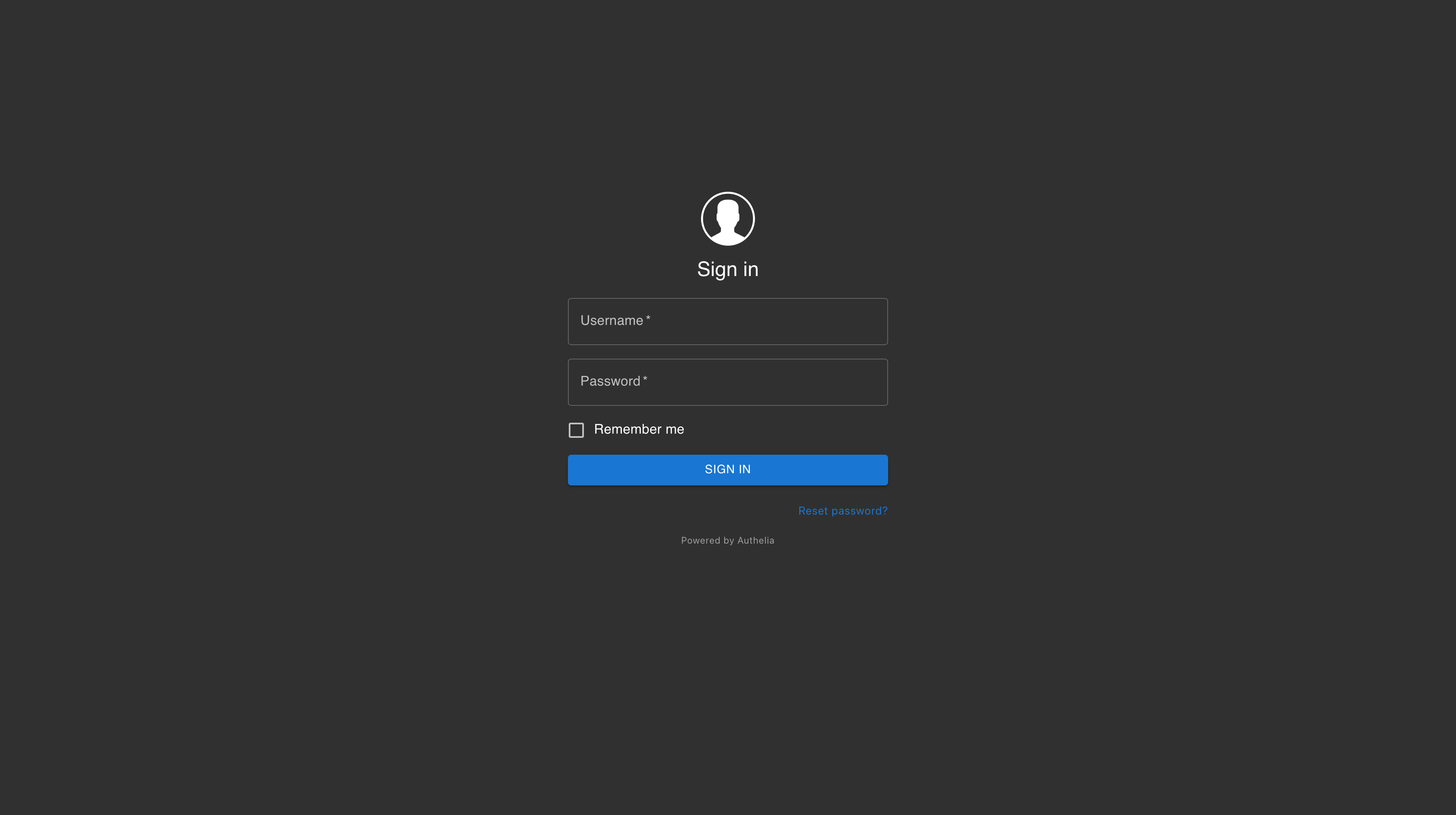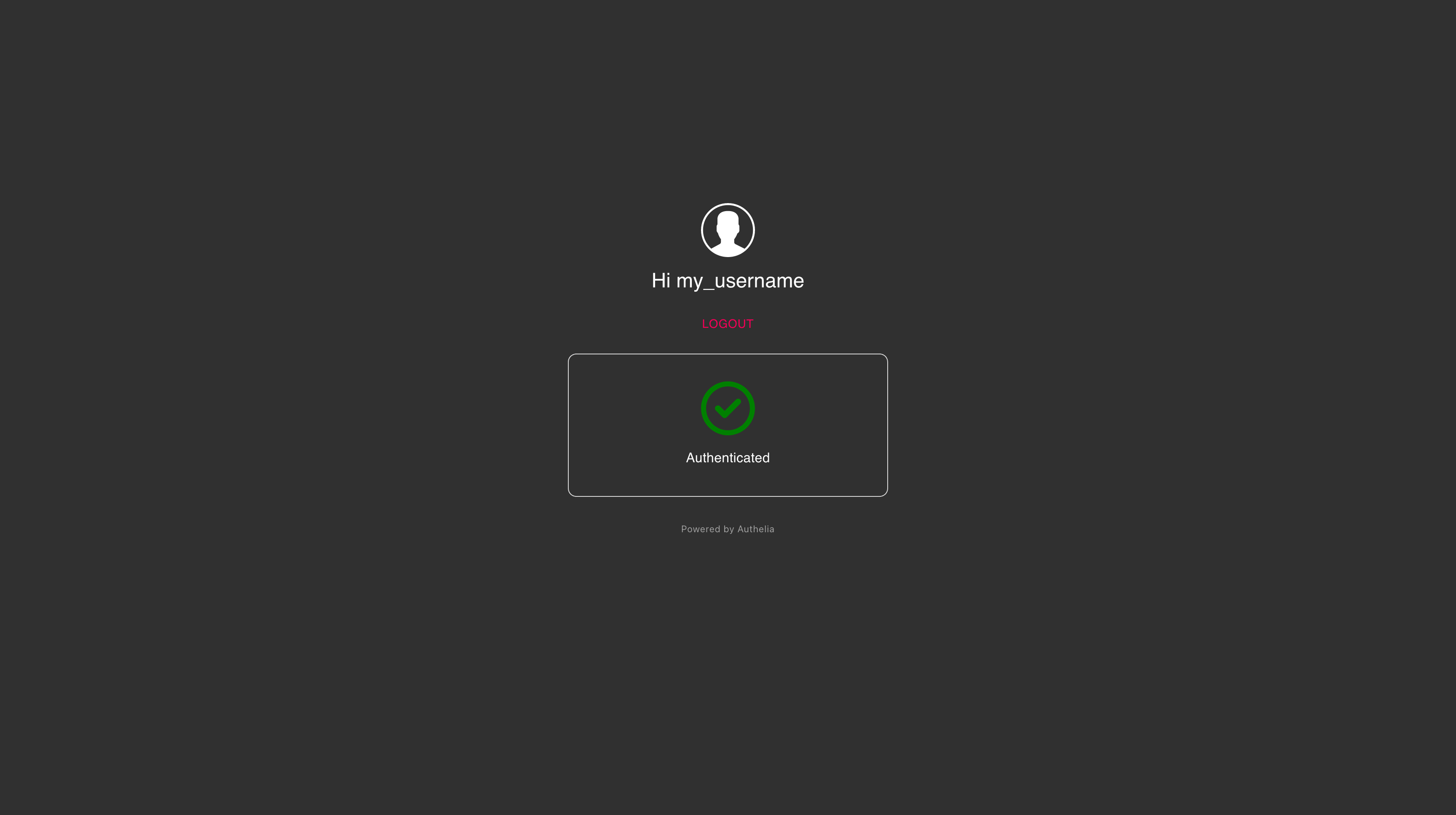diff options
| author | Christian Cleberg <hello@cleberg.net> | 2024-05-01 21:45:52 -0500 |
|---|---|---|
| committer | Christian Cleberg <hello@cleberg.net> | 2024-05-01 21:45:52 -0500 |
| commit | dc1261d703ae1e1a14841b030888e3f87ff7c38f (patch) | |
| tree | 71139c9021b09704b2d45be3b64d54e2acbae55f /content/blog/2023-10-11-self-hosting-authelia.md | |
| parent | ba6b552c8256cc2e071c910ef7821c82443f1f82 (diff) | |
| download | cleberg.net-dc1261d703ae1e1a14841b030888e3f87ff7c38f.tar.gz cleberg.net-dc1261d703ae1e1a14841b030888e3f87ff7c38f.tar.bz2 cleberg.net-dc1261d703ae1e1a14841b030888e3f87ff7c38f.zip | |
prettier formatting and rewrap lines
Diffstat (limited to 'content/blog/2023-10-11-self-hosting-authelia.md')
| -rw-r--r-- | content/blog/2023-10-11-self-hosting-authelia.md | 210 |
1 files changed, 105 insertions, 105 deletions
diff --git a/content/blog/2023-10-11-self-hosting-authelia.md b/content/blog/2023-10-11-self-hosting-authelia.md index 46773dd..7b5afda 100644 --- a/content/blog/2023-10-11-self-hosting-authelia.md +++ b/content/blog/2023-10-11-self-hosting-authelia.md @@ -23,11 +23,11 @@ portal. This guide assumes you have the following already set-up: -- A registered domain with DNS pointing to your server. -- A subdomain for Authelia (`auth.example.com`) and a subdomain to protect via - Authelia (`app.example.com`). -- A working Nginx web server. -- Docker and docker-compose installed. +- A registered domain with DNS pointing to your server. +- A subdomain for Authelia (`auth.example.com`) and a subdomain to protect via + Authelia (`app.example.com`). +- A working Nginx web server. +- Docker and docker-compose installed. # Installation @@ -49,19 +49,19 @@ Within this file, paste the following content. If you prefer a different local port, modify the port on the left side of the colon on the `9091:9091` line. Be sure to modify the `TZ` variable to your timezone. -``` yml -version: '3.3' +```yml +version: "3.3" services: - authelia: - image: authelia/authelia - container_name: authelia - volumes: - - ./config:/config - ports: - - 9091:9091 - environment: - - TZ=America/Chicago + authelia: + image: authelia/authelia + container_name: authelia + volumes: + - ./config:/config + ports: + - 9091:9091 + environment: + - TZ=America/Chicago ``` Start the container with docker-compose: @@ -93,107 +93,107 @@ and modify as necessary. The major required changes are: -- Any instances of `example.com` should be replaced by your domain. -- `jwt_secret` - Use the `pwgen 40 1` command to generate a secret for yourself. -- `access_control` - Set the Authelia domain to bypass here, as well as any - subdomains you want to protect. -- `session` > `secret` - Use the `pwgen 40 1` command to generate a secret for - yourself. -- `regulation` - Set the variables here to restrict login attempts and bans. -- `storage` > `encryption_key` - Use the `pwgen 40 1` command to generate a - secret for yourself. -- `smtp` - If you have access to an SMTP service, set up the information here to - active outgoing emails. - -``` yml +- Any instances of `example.com` should be replaced by your domain. +- `jwt_secret` - Use the `pwgen 40 1` command to generate a secret for + yourself. +- `access_control` - Set the Authelia domain to bypass here, as well as any + subdomains you want to protect. +- `session` > `secret` - Use the `pwgen 40 1` command to generate a secret for + yourself. +- `regulation` - Set the variables here to restrict login attempts and bans. +- `storage` > `encryption_key` - Use the `pwgen 40 1` command to generate a + secret for yourself. +- `smtp` - If you have access to an SMTP service, set up the information here + to active outgoing emails. + +```yml # yamllint disable rule:comments-indentation --- ############################################################################### # Authelia Configuration # ############################################################################### -theme: dark +theme: dark jwt_secret: aiS5iedaiv6eeVaideeLeich5roo6ohvaf3Vee1a # pwgen 40 1 default_redirection_url: https://example.com server: - host: 0.0.0.0 - port: 9091 - path: "" - read_buffer_size: 4096 - write_buffer_size: 4096 - enable_pprof: false - enable_expvars: false - disable_healthcheck: false - tls: - key: "" - certificate: "" + host: 0.0.0.0 + port: 9091 + path: "" + read_buffer_size: 4096 + write_buffer_size: 4096 + enable_pprof: false + enable_expvars: false + disable_healthcheck: false + tls: + key: "" + certificate: "" log: - level: debug + level: debug totp: - issuer: example.com - period: 30 - skew: 1 + issuer: example.com + period: 30 + skew: 1 authentication_backend: - disable_reset_password: false - refresh_interval: 5m - file: - path: /config/users_database.yml - password: - algorithm: argon2id - iterations: 1 - key_length: 32 - salt_length: 16 - memory: 1024 - parallelism: 8 + disable_reset_password: false + refresh_interval: 5m + file: + path: /config/users_database.yml + password: + algorithm: argon2id + iterations: 1 + key_length: 32 + salt_length: 16 + memory: 1024 + parallelism: 8 access_control: - default_policy: deny - rules: - - domain: - - "auth.example.com" - policy: bypass - - domain: "teddit.example.com" - policy: one_factor + default_policy: deny + rules: + - domain: + - "auth.example.com" + policy: bypass + - domain: "teddit.example.com" + policy: one_factor session: - name: authelia_session - secret: aiS5iedaiv6eeVaideeLeich5roo6ohvaf3Vee1a # pwgen 40 1 - expiration: 3600 - inactivity: 300 - domain: example.com + name: authelia_session + secret: aiS5iedaiv6eeVaideeLeich5roo6ohvaf3Vee1a # pwgen 40 1 + expiration: 3600 + inactivity: 300 + domain: example.com regulation: - max_retries: 5 - find_time: 10m - ban_time: 12h + max_retries: 5 + find_time: 10m + ban_time: 12h storage: - local: - path: /config/db.sqlite3 - encryption_key: aiS5iedaiv6eeVaideeLeich5roo6ohvaf3Vee1a # pwgen 40 1 + local: + path: /config/db.sqlite3 + encryption_key: aiS5iedaiv6eeVaideeLeich5roo6ohvaf3Vee1a # pwgen 40 1 notifier: - disable_startup_check: true - smtp: - username: user@example.com - password: password - host: smtp.example.com - port: 465 - sender: user@example.com - identifier: example.com - subject: "[Authelia] {title}" - startup_check_address: user@example.com - disable_require_tls: false - disable_html_emails: true - tls: - skip_verify: false - minimum_version: TLS1.2 -... + disable_startup_check: true + smtp: + username: user@example.com + password: password + host: smtp.example.com + port: 465 + sender: user@example.com + identifier: example.com + subject: "[Authelia] {title}" + startup_check_address: user@example.com + disable_require_tls: false + disable_html_emails: true + tls: + skip_verify: false + minimum_version: TLS1.2 ``` ## Authelia Users @@ -212,17 +212,17 @@ To generate the password, go to [Argon2 Hash Generator](https://argon2.online), generate a random salt, and make sure the rest of the settings match the `authentication_backend` section of `configuration.yml` file. -``` yaml +```yaml users: - my_username: - displayname: "My User" - # Generated at https://argon2.online/ -- match the settings in - # the `authentication_backend` section of configuration.yml - password: "" - email: email@example.com - groups: - - admins - - dev + my_username: + displayname: "My User" + # Generated at https://argon2.online/ -- match the settings in + # the `authentication_backend` section of configuration.yml + password: "" + email: email@example.com + groups: + - admins + - dev ``` Once the app is configured, restart the container from scratch. @@ -247,7 +247,7 @@ Within this file, paste the following information and be sure to update `example.com` to your domain. Make sure the `$upstream_authelia` variable matches the location of your Authelia container. -``` conf +```conf server { if ($host ~ ^[^.]+\.example\.com$) { return 301 https://$host$request_uri; @@ -322,7 +322,7 @@ variables. sudo nano /etc/nginx/sites-available/teddit ``` -``` conf +```conf server { if ($host ~ ^[^.]+\.example\.com$) { return 301 https://$host$request_uri; @@ -441,9 +441,9 @@ authentication domain and presented with the Authelia login portal.  -Once you've successfully authenticated, you can visit your authentication -domain directly and see that you're currently authenticated to any domain -protected by Authelia. +Once you've successfully authenticated, you can visit your authentication domain +directly and see that you're currently authenticated to any domain protected by +Authelia.  |
